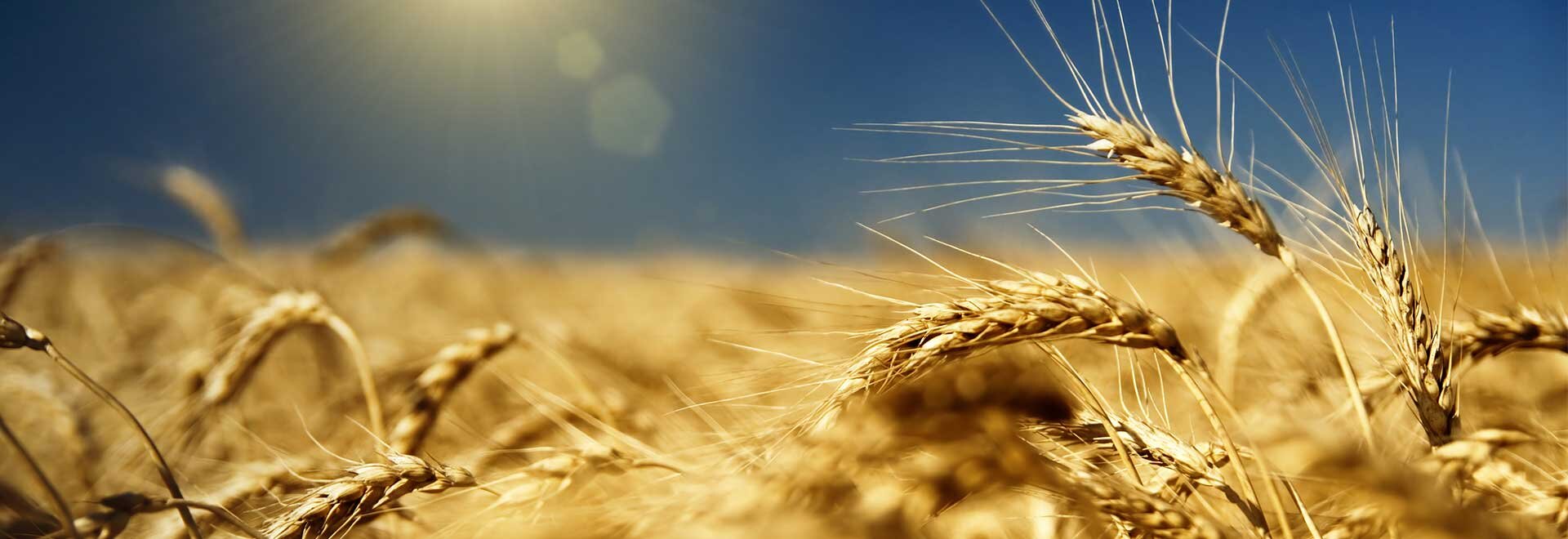Jocelyn Shuman, assistant manager of corporate affairs at South Peace Grain, answered some frequently asked questions
Sponsored Content What are the potential advantages of a smaller grain supplier like SPG?
“One of the most beneficial things that SPG does to ensure high-quality product is to process all our incoming product through our seed-cleaning facility. This means that we have cleaned out the chaff, weeds, stones, and other debris that is naturally blended throughout the grain during the harvesting process.”
How much transparency can your distillery clients have into the growing, harvesting and provenance of your grains? Is that connection with farming important to them and their customers?
“We are able to track detailed information about seed origins, growing practices and locations. Many of our distilling customers are curious about the strains of wheat and rye that they are using, and the farming practices that produce the grain, and we happily provide all of the answers we can.
How much customization is possible—from types of grain to malt levels and samples for test batches—for small distilleries?
“SPG can provide wheat, rye, barley and oats for those who feel like experimenting. None of our products are malted, but it’s on our wish list for the future! We can customize milling consistencies as well as whole-grain products for those who wish to mill on-site. There have been many instances where a distiller removes their own mill because we are able to provide milled product that is more consistent and at a lower cost than the distillery staff doing it themselves.”

